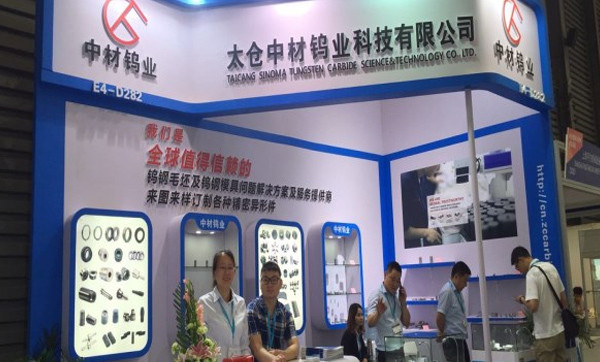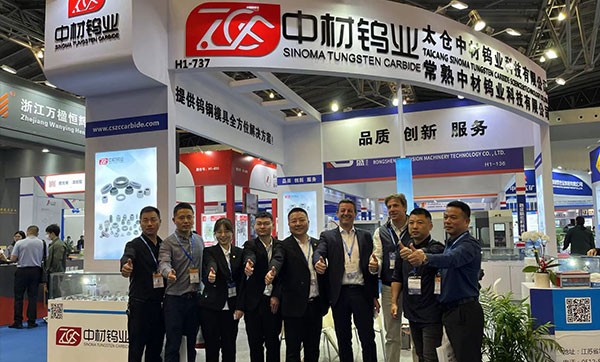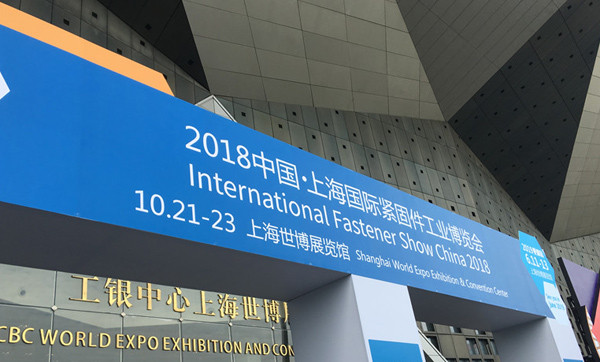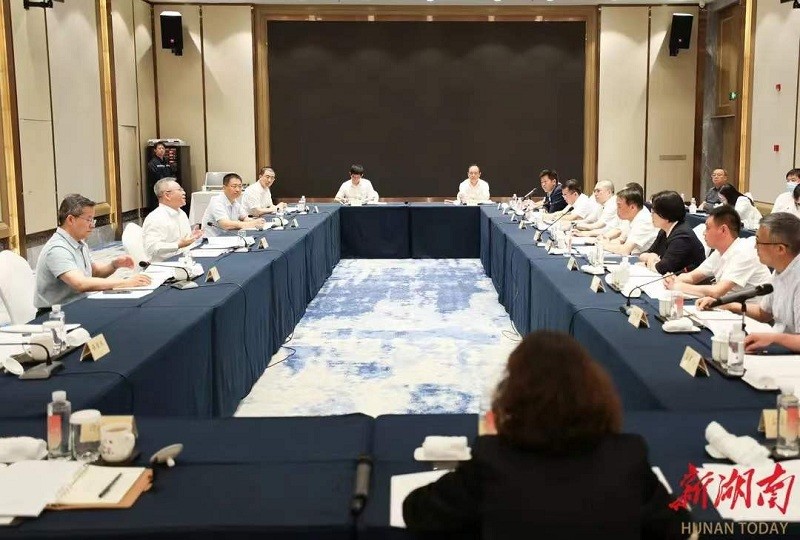In the competitive global market for tungsten carbide (WC) molds and materials, where precision, durability, and reliability are essential, a robust quality management system (QMS) is crucial for success. Manufacturers specializing in tungsten carbide products, which are widely used in industries such as automotive, aerospace, and tooling, must adhere to stringent quality standards. This is not merely a compliance requirement, but a strategic advantage. This article explores how a robust QMS can enhance production efficiency, build customer trust, and promote long-term business growth in this specialized field.
1. Ensuring Product Consistency and Precision
Tungsten carbide molds and materials require micron-level accuracy to meet the exacting requirements of high-performance applications. ISO 9001 certification, for example, establishes standardized procedures for raw material inspection, production processes, and final product testing. By systematically monitoring variables such as grain size distribution, cobalt binder content, and sintering parameters, manufacturers can eliminate defects early on and ensure consistency from one batch to the next. This reliability reduces costly rework, minimizes client disputes, and strengthens your reputation as a dependable supplier in international markets.
2. Enhancing Customer Trust and Compliance
Global buyers of tungsten carbide products, especially those in industries such as automotive or medical device manufacturing, increasingly prioritize suppliers with certified quality systems. A QMS demonstrates your commitment to transparency and accountability. For example:
· Traceability protocols allow you to track materials from sourcing to delivery, which addresses concerns about counterfeit or substandard components.
· Documenting quality checks, such as hardness testing, density measurements, and dimensional accuracy, provides clients with verifiable proof of compliance with international standards like ASTM B777 and ISO 513.
These practices foster long-term partnerships because clients recognize your ability to mitigate risks in their supply chains.
3. Reducing Costs Through Process Optimization
A mature QMS improves operational efficiency by identifying and eliminating waste. In tungsten carbide production, for example, minor inefficiencies such as uneven sintering temperatures or improper mixing ratios can lead to material scrap rates of 10% or higher. By leveraging tools such as Six Sigma or Lean Manufacturing within the QMS framework, companies can:
· Optimize energy consumption during high-temperature sintering.
· Reduce tool wear in CNC machining of complex mold geometries.
· Streamline inventory management for rare materials like tungsten powder.
These improvements directly lower production costs, enabling competitive pricing without compromising quality—a critical factor in price-sensitive export markets.
4. Facilitate compliance with global standards.
Tungsten carbide exports often face strict regulatory scrutiny, particularly in regions like the EU or North America. A QMS aligned with international standards, such as REACH for chemical safety and RoHS for hazardous substance restrictions, ensures smooth customs clearance and avoids penalties. Additionally, certifications such as IATF 16949 (for automotive suppliers) and AS9100 (for aerospace) provide access to high-value industries that require strict quality assurance.
5. Supporting Sustainability and Innovation
Modern buyers increasingly value environmentally responsible practices. A QMS integrates sustainability into production by:
· Reducing material waste through precise process controls.
Given the metal’s strategic importance and supply chain vulnerabilities, recycling tungsten scrap is a critical consideration.
· We encourage R&D into advanced grades of tungsten carbide, such as ultra-fine grain structures that extend mold life, supported by data-driven quality metrics.
Conclusion:
For tungsten carbide mold and material producers, investing in a robust quality management system (QMS) is not an expense, but rather a catalyst for global competitiveness. A QMS ensures precision, compliance, and cost efficiency, empowering manufacturers to meet the evolving demands of international clients and position themselves as leaders in a technically demanding field. As a foreign trade professional, emphasizing your company’s QMS credentials in marketing materials and client negotiations will differentiate your offerings in crowded markets and pave the way for sustainable growth.
This is also the reason why ZCCF Tungsten Carbide Co., Ltd. persists.




